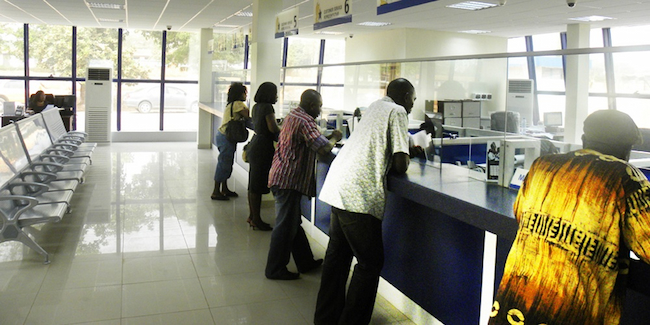A survey conducted by financial services firm, Enhancing Financial Innovation and Access (EFInA), themed ‘Access to Financial Services in Nigeria 2020’ noted that Nigeria’s financial inclusion goal fell short by 19 percent.
The country’s initial target was a 71 percent inclusion rate, however, the level only climbed to 51 percent, from 2018’s 49 percent.
The report read, “51 percent of Nigerian adults are using formal financial services, such as bank, microfinance bank, mobile money, insurance, or pension accounts, up from 49 percent in 2018.
“This has largely been driven by growth in banking, with 45 percent of Nigerians banked in 2020, up from 40 percent in 2018.
“Although financial inclusion has grown in the past decade, Nigeria fell short of the National Financial Inclusion Strategy targets for 2020.
“Nigeria had aimed to reach 70 percent of Nigerians with formal financial services by 2020; the actual figure was 51 percent.
READ ALSO: Transfer Window Lends Positive Development To Insurance Industry
“The strategy also set targets for overall financial inclusion, which counts Nigerians that use either formal financial services or informal financial services that are not nationally regulated, such as savings groups.”
The Central Bank of Nigeria’s Deputy Governor, Financial Systems Stability (FSS), Aishah Ahmad, noted that the movement for more financial inclusion in the country had been propelled by efforts of the CBN.
She said, “The CBN has accordingly been at the forefront of the efforts to drive financial inclusion in Nigeria by championing the development & implementation of Nigeria’s National Financial Inclusion Strategy led by the CBN Governor.
“Despite progress achieved to date, critical groups remained excluded including women, rural dwellers and citizens in the northern area.
“To address the issue with women, CBN launched a Framework for Advancing Women’s Financial Inclusion in Nigeria in 2020 and is leading the industry to implement the framework, which we expect to lead to significant increase in women financial inclusion in Nigeria.”













